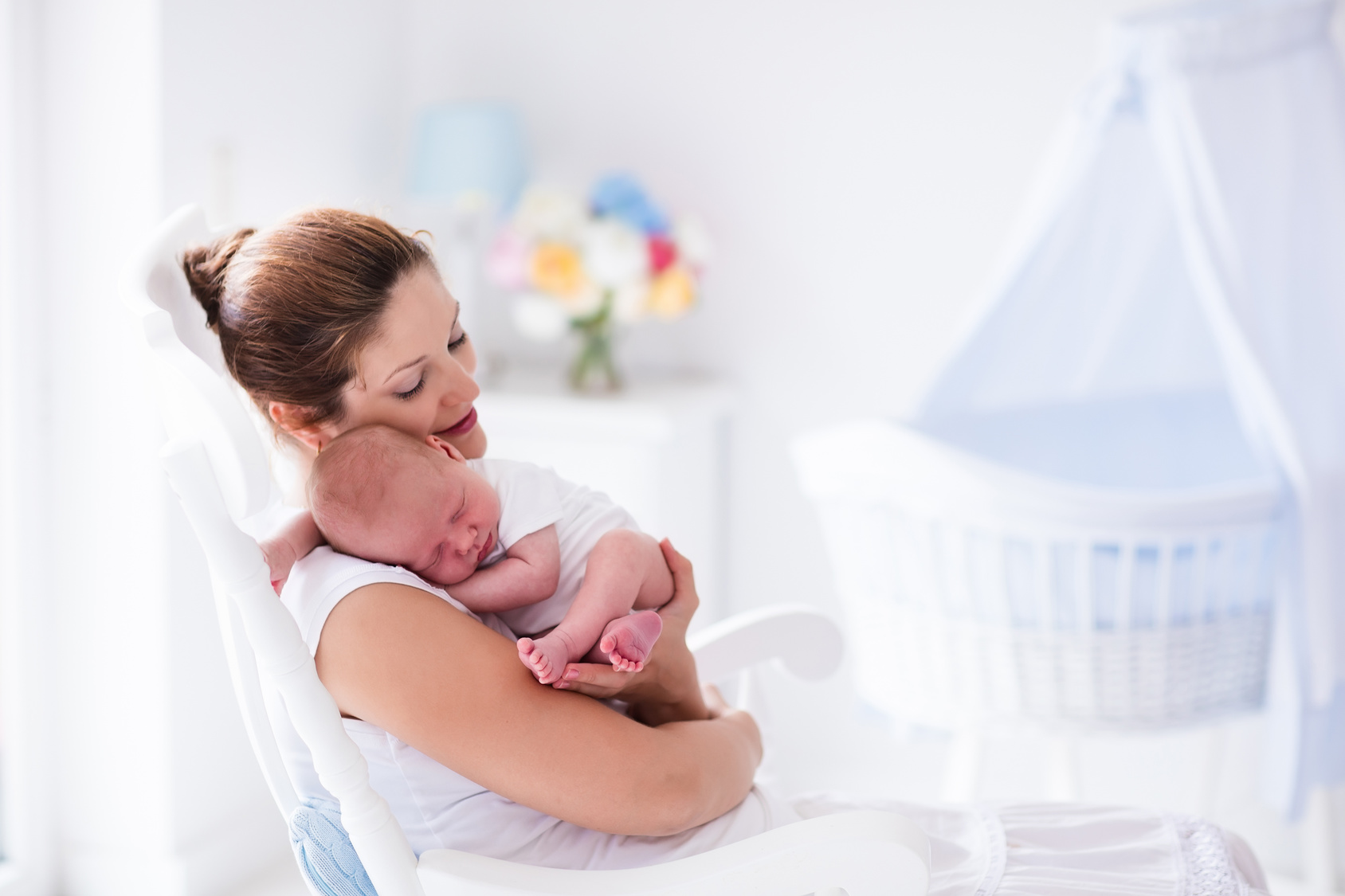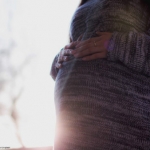An increasing number of reproductive age women now take newer anticonvulsants for the treatment of mood and anxiety disorders; however, information regarding the reproductive safety of these medications is limited. A recent study has evaluated the cognitive and language development of children born to women with epilepsy exposed in utero to levetiracetam (LEV, Keppra) or sodium valproate (VPA, Depakote), as compared to control children born to women without epilepsy not taking medication during pregnancy.
In this observational study, researchers evaluated children, between 36 and 54 months of age, using the Griffiths Mental Development Scales and the Reynell Language Development Scale. Maternal demographic and epilepsy information was also collected.
After controlling for confounding variables, children exposed to LEV in utero (n = 53) did not differ from unexposed control children (n = 131) on any scale administered. In contrast, children exposed to VPA (n = 44) in utero scored, on average, 15.8 points below children exposed to LEV on measures of gross motor skills (95% confidence interval [CI] ?24.5 to ?7.1, p < 0.001), 6.4 points below on comprehension language abilities (95% CI ?11.0 to ?1.8, p = 0.005), and 9.5 points below on expressive language abilities (95% CI ?14.7 to ?4.4, p < 0.001).
While this study was relatively small, including only 53 children exposed to levetiracetam, the results were statistically significant and largely reassuring. It should be noted, however, that this study did not include any information on the risk of congenital malformations in this population exposed to levetiracetam. (Read more on the risk of malformations in children exposed to levetiracetam.)
For a subset of women, valproic acid is a highly effective mood stabilizer; however, this study and many others indicate that the use of valproic acid during pregnancy carries significant risks in terms of its negative effects on organ formation and neurodevelopment. It is a clinical dilemma when we must make recommendations regarding treatment for a woman who has been stable on valproic acid and is pregnant or planning to conceive. In women who have responded to valproic acid, it is often not clear if they will respond similarly to lithium or other anticonvulsants which may have a better reproductive safety profile. While the data on the reproductive safety of levetiracetam is generally positive, it remains to be seen if this anticonvulsant will be a good substitute for women stabilized on valproic acid.
Ruta Nonacs, MD PhD
Shallcross R, Bromley RL, Cheyne CP, García-Fiñana M, et al. In utero exposure to levetiracetam vs valproate: Development and language at 3 years of age. Neurology. 2014 Jan 8. [Epub ahead of print]







Leave A Comment